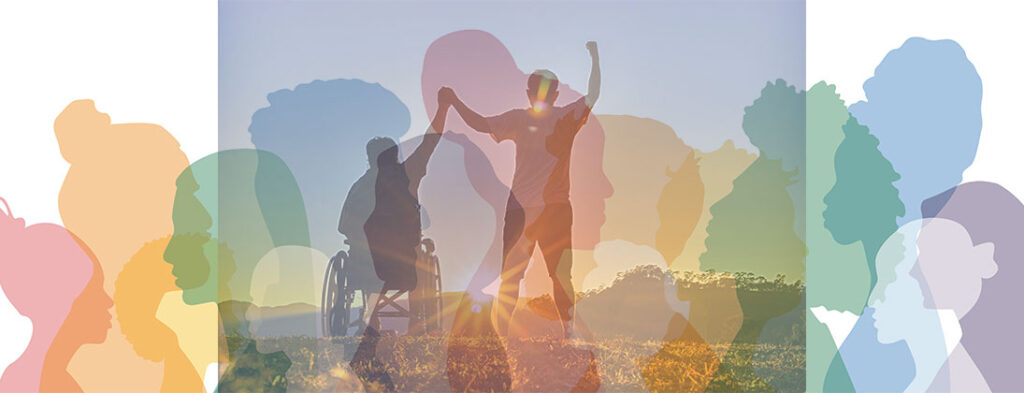Diversity and Disabilities
Diversity means including people from a range of social and cultural backgrounds, regardless of factors that contribute to differences among individuals.
According to the Institute on Disability, “If people with disabilities were a formally recognized minority group, at 19% of the population, they would be the largest minority group in the United States.” People with disabilities participate in all walks of life, professions, races, religions, ethnicities, gender identities, sexual orientations, and socioeconomic classes. The University of California states, “Throughout history, influential individuals with disabilities have impacted our culture, our government, our science, our technology, our literature, and every other aspect of human existence.”(para. 1, 2025).
In a society of inclusion, equality, and social justice – one aspect is frequently pushed aside. Access Living Newsroom defines ableism as, “the discrimination of and social prejudice against people with disabilities based on the belief that typical abilities are superior. At its heart, ableism is rooted in the assumption that disabled people require ‘fixing’ and defines people by their disability. Like racism and sexism, ableism classifies entire groups of people as ‘less than,’ and includes harmful stereotypes, misconceptions, and generalizations of people with disabilities.” (para. 3, 2025).
A stereotype is an oversimplified opinion of a group of people with similar characteristics, causing a prejudiced attitude. Common misconceptions about individuals with disabilities are that they are partial or limited – not fully human; idolizing the successful person with a disability, a disability is something to be fixed or cured; life with someone with a disability is full of constant sorrow; those with disabilities are a menace to society; and these individuals serve as a lesson to able-bodied people to teach the value of life. The Disability History Museum explains, “People with disabilities themselves have at various times used and resisted the categories they were placed in for their own empowerment: to make, insofar as they could, their own way and their own lives.” (para. 8, 2023).
At Echoing Hills, we believe that all people with intellectual and/or developmental disabilities can live purposeful lives with dignity and respect. We are called by Christ to create fulfilled, purposeful, and joyful lives alongside those with disabilities. It is a privilege to serve the individuals and their families, as we’re humbled to be allowed into their lives. We’ll steadfastly honor their dignity and create ongoing opportunities to know and experience Jesus Christ.


